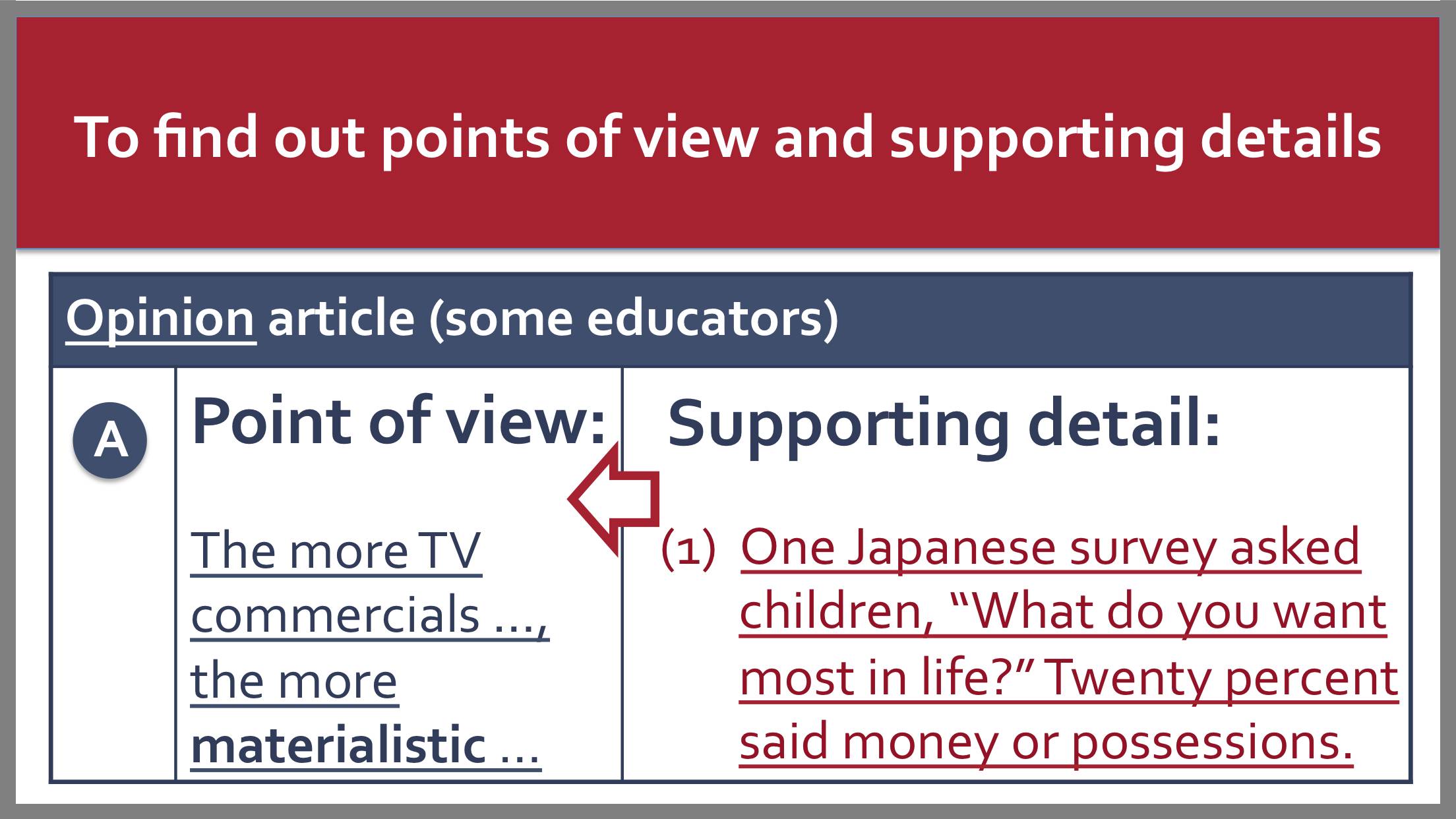Understanding the Implications of a Parent Denied Parent Plus Loan: What You Need to Know
When it comes to financing your child's education, the Parent PLUS Loan is often a viable option for many families. However, there are instances where a par……
When it comes to financing your child's education, the Parent PLUS Loan is often a viable option for many families. However, there are instances where a parent denied Parent PLUS loan applications can lead to confusion, stress, and uncertainty. Understanding the implications of a denied loan can help parents navigate the complexities of education financing and explore alternative options.
#### What is a Parent PLUS Loan?
The Parent PLUS Loan is a federal loan program that allows parents of dependent undergraduate students to borrow money to help cover education costs. Unlike traditional student loans, these loans are taken out in the parent's name, and they are responsible for repayment. The maximum amount that can be borrowed is determined by the cost of attendance minus any other financial aid received.
#### Reasons for Denial
A parent denied Parent PLUS loan may occur for several reasons. The most common reasons include:

1. **Credit History Issues**: The U.S. Department of Education conducts a credit check on the parent applying for the loan. If the parent has an adverse credit history, such as a bankruptcy, foreclosure, or significant delinquent accounts, the application may be denied.
2. **Incomplete Application**: Sometimes, applications may be denied due to missing information or documentation. It is crucial to ensure that all required information is accurately provided during the application process.
3. **Ineligibility**: Parents must meet certain eligibility criteria, such as being a U.S. citizen or eligible non-citizen, and not being in default on any federal student loans.
#### What to Do After a Denial
Receiving a parent denied Parent PLUS loan notice can be disheartening, but it is essential to understand that it is not the end of the road. Here are some steps parents can take:
1. **Review the Denial Reason**: Carefully review the reason for the denial provided by the Department of Education. This will help you understand whether it is due to credit issues or other factors.
2. **Consider an Endorser**: If the denial was based on credit history, parents have the option to secure an endorser. An endorser is someone who agrees to repay the loan if the borrower fails to do so. This can be a relative or someone with a good credit history.
3. **Explore Alternative Financing Options**: If a Parent PLUS Loan is not an option, consider other alternatives such as private student loans, scholarships, or grants. Many institutions also offer payment plans that can ease the financial burden.

4. **Appeal the Decision**: In some cases, parents may be able to appeal the denial if they can demonstrate that their credit issues have been resolved or if there are extenuating circumstances.
#### Conclusion
Navigating the world of student loans can be challenging, especially when faced with a parent denied Parent PLUS loan. However, understanding the reasons behind the denial and exploring alternative options can empower parents to make informed decisions about financing their child's education. Always remember to stay proactive, seek assistance when needed, and keep communication open with your child about financial responsibilities and options. By doing so, you can help ensure a smoother path to achieving educational goals.